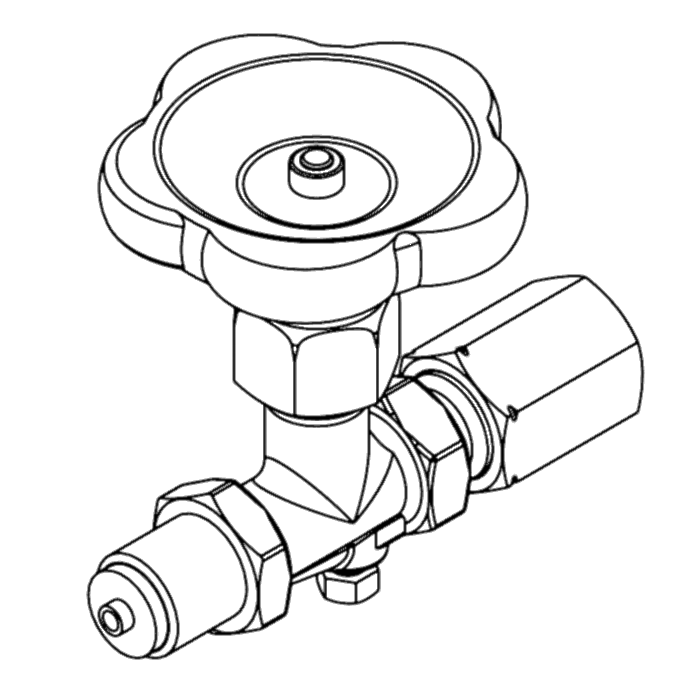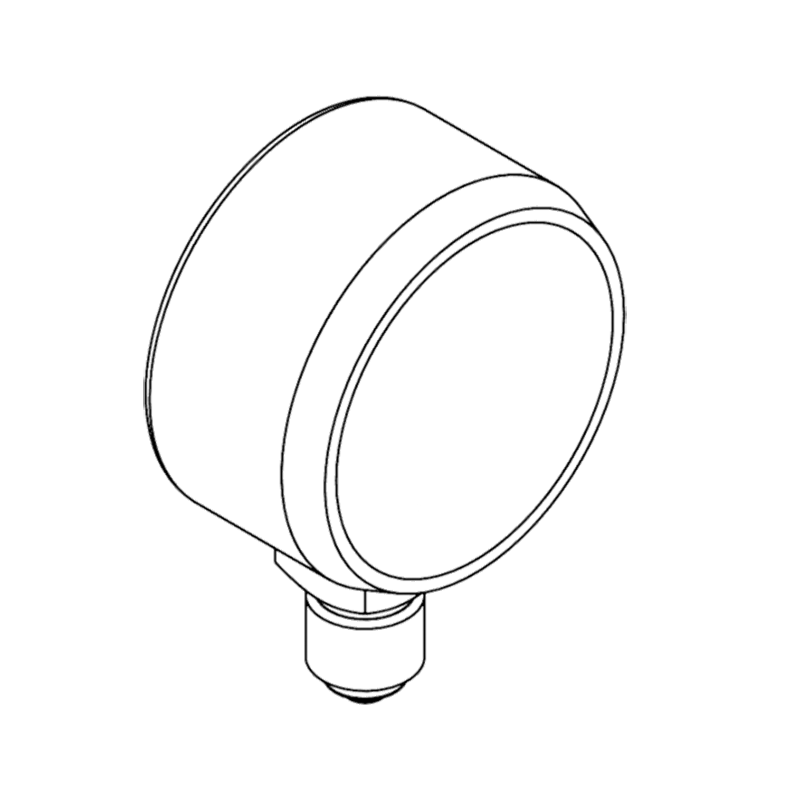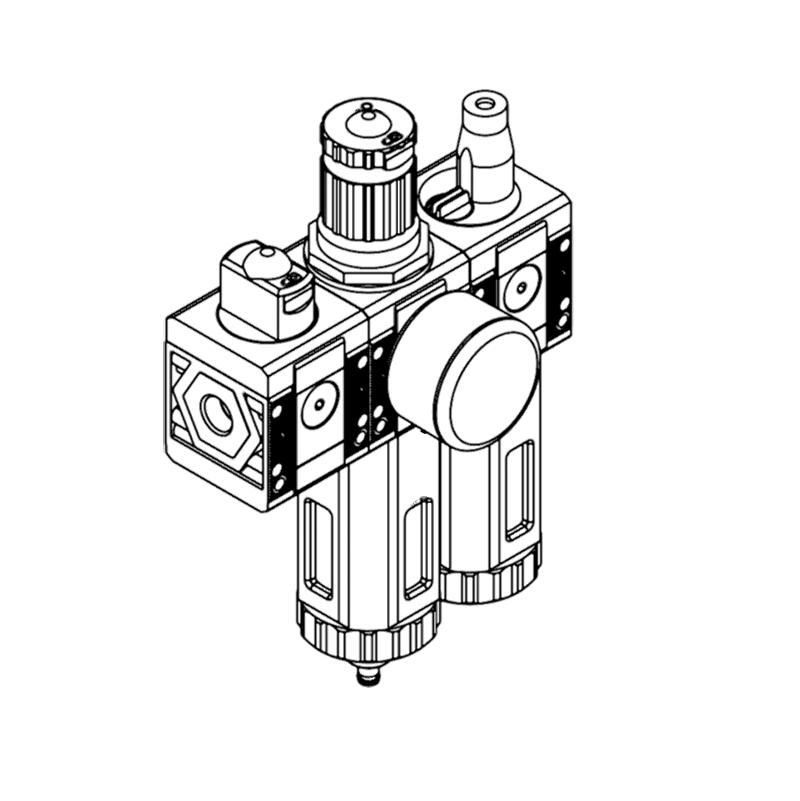
Why does the quality of compressed air in pneumatic systems matter?
The quality of the compressed air is crucial for the reliability and service life of pneumatic systems and actuators. The performance and function of pneumatic components is impaired by impurities such as moisture, oil, suspended particles or other particles. The basis of compressed air quality is regulated according to the international standard ISO 8573-1. Find out what is important here.
Compressed air from compressors is often mixed with dust or dirt particles and oils. Moisture in a compressed air system can shorten the service life of valves, pneumatic tools or cylinders and cause production downtime with expensive follow-up costs. The exhaust air emitted into the ambient air by actuators and consumers can also have a negative impact. Especially in the food sector or in medical and pharmaceutical applications, unpurified compressed air can have problematic effects.
The basis of compressed air quality is regulated by the international standard ISO 8573-1. More specifically, the standard defines the quality classes for compressed air in terms of particles, water content and oil content. The standard consists of several parts. Part 1 describes the classification of compressed air according to particle size. The ISO 8573-1 standard categorises compressed air into three main contaminants:
- particles: This refers to solid particles or dust in the compressed air. The standard defines particle size classes to determine the quantity and size of the particles.
- water: The standard assesses the water content in the compressed air and divides it into classes. Water can be present in the form of liquid water and water vapour.
- oil: This category refers to oil impurities in the compressed air. The standard defines oil classes based on the oil content in the air.
Here you will find a list of the cleanliness classes according to the international standard ISO 8573-1:

Depending on the compressed air quality required, the concentration of impurities in the compressed air system must be reduced or eliminated using suitable filters. For pneumatic applications, there are many filter options for cleaning the compressed air.
- Filters ensure that solid particles and a large proportion of moisture are removed from the system. Microfilters or activated carbon filters are also available, with activated carbon filters also being used to remove odours. The highest purity classes are also achieved with an activated carbon filter. Membrane dryers are used to remove any residual moisture.
- Special oil filters are used to remove oil residues in the treated compressed air, which reliably remove oil vapours and residual oil from the system.
- Air maintenance units and filter units are equipped with different pore sizes depending on the required compressed air quality so that the desired purity class of the compressed air is maintained.
Check the filters and air treatment components regularly to ensure trouble-free operation of your compressed air system and prevent expensive consequential damage.
TRI-MATIC offers a wide range of air maintenance units, filter units and modular pneumatic maintenance units for cleaning compressed air. Get in touch with us. We will be happy to show you exciting possibilities and solutions. Contact us at +41 41 780 22 22 or info@tri-matic.ch.
































